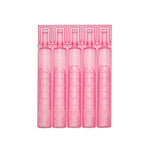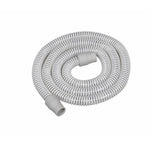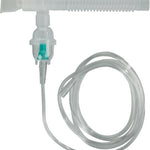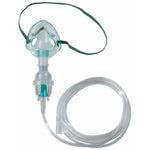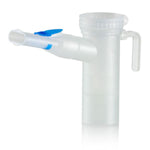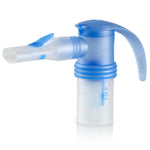You have no items in your shopping cart.
06
Oct

When the temperatures go down in fall and winter, asthma and COPD symptoms are often on the rise. Fortunately, there are a number of practical steps you can take to maximize your respiratory comfort during these colder months.
Stay Hydrated
During cold weather, indoor air can often become very dry because of heating systems, causing the respiratory system to dry out as well. Drinking plenty of fluids will help ensure that your lungs and respiratory pathways will have the moisture they need to function properly and block out allergens.
Related Posts
Recent Posts
-
Why 0.9% Saline is a Smart Choice for Nebulizer Treatments
Why 0.9% Saline is a Smart Choice for Nebulizer Treatments
-
Tips for Controlling Asthma During the Spring and Summer
Tips for Controlling Asthma During the Spring and Summer
-
Medications Used with Nebulizers
Medications Used with Nebulizers
-
CPAP Questions and Answers
CPAP Questions and Answers
-
How Nebulizer Treatments Help COPD (Chronic Obstructive Pulmonary Disease)
How Nebulizer Treatments Help COPD (Chronic Obstructive Pulmonary Disease)
-
7 Best Tips for Traveling with CPAP Machines (Continuous positive airway pressure)
7 Best Tips for Traveling with CPAP Machines (Continuous positive airway pressure)
Tag Cloud
- allergies
- allergy nebulizer
- asthma
- battery operated nebulizer
- children's nebulizer
- compact nebulizers
- copd
- expert nebulizer advice
- inhaler
- kids nebulizers
- maintnence
- nebulizer
- nebulizer accessories
- nebulizer care
- nebulizer compressor
- nebulizer for allergies
- nebulizer for kids
- nebulizer kit
- nebulizer machine
- nebulizer machine for asthma
- nebulizer maintenance
- nebulizer mask
- nebulizer questions
- nebulizer tubing
- nebulizers
- pari nebulizer
- portable nebulizer
- portable nebulizers
- saline
- saline for nebulizer
- saline nebulizer
- saline vial
- sterile saline
- tips
- travel nebulizer
- travel nebulizers
- troubleshoot
Featured
Featured


